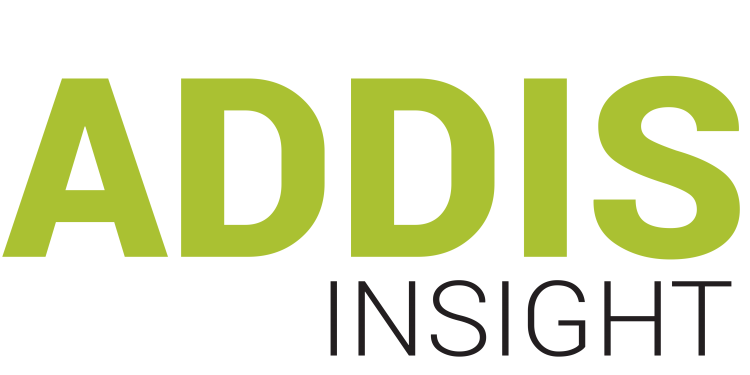The House of Peoples Representatives parliament approved on Thursday Disinformation Prevention and Suppression Proclamation. The cabinet had approved the bill last November and sent it to the parliament for final approval.
Ethnic disputes across the country resulted in a high number of internal displacement and death in Ethiopia. And those disputes are ignited by hate speech and disinformation, which are being spread through social media.
The government has been utilizing social media more consistently since the arrival of prime minister Abiy Ahmed. However, the media also has been a complicated beast for the administration, becoming a tool for disinformation, and hate speech.
According to the report of the committee for Law, Justice and Democracy affairs of the parliament, disinformation, and hate speech have eroded the ethical values of the community. And by being poisons for social amenities, national unity, political stability, humanity, and diversity, they caused a threat to the country, the report says. The committee added, complications arising from disinformation and hate speech can not be addressed through existing laws.
On the other hand, some members of the parliament raised their concern that the law could threaten the right of free expression.
Domestic and international human rights community has also been criticizing the bill ever since the prime minister’s cabinet approved it. “If approved [by the parliament], the Hate Speech and Disinformation Prevention and Suppression Proclamation could significantly curtail freedom of expression, ” reads the report of the Human Rights Watch in December 2019. It added that authorities in the world had abused hate speech laws for political benefits.
Additionally, human rights experts say the bill is not sufficiently clear, or it is vague. And it has also been noted that the law is not specific for what conduct is punishable. It is rather broad. According to experts, this law did not meet international standards because it gives law enforcement authorities much room for misinterpretation.
However, the committee for Law, Justice, and Democracy affairs of the parliament on its response, said that the law is in harmony with the constitution. As an example, the committee mentioned Article 29 of the Ethiopian constitution, which says, “Legal limitations [on freedom of expression] can be laid down in order to protect…the honor and reputation of individuals. 7) Any citizen who violates any legal limitations on the exercise of these rights may be held liable under the law.”
According to the committee, hate speech is a significant threat to the honor and reputation of individuals, so the new law allies with the constitution.
Despite all the contentions, the draft bill passed with 23 opposition from the house, which is relatively high resistance.




